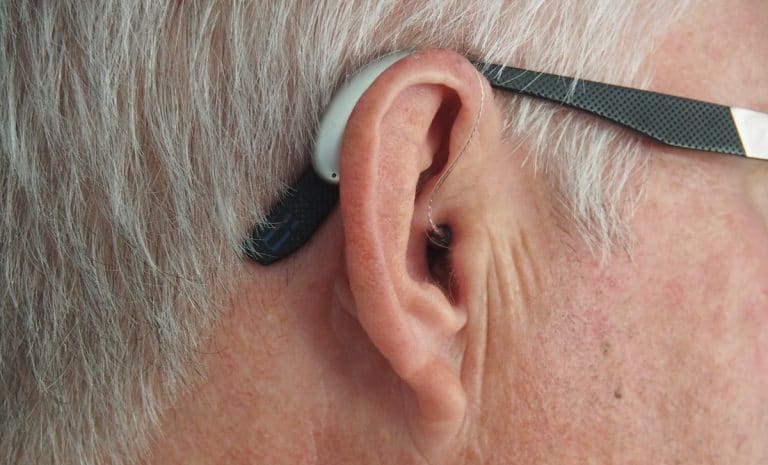Mindfulness, which involves structured meditation to help participants better understand their bodies and minds, trains the brain to focus on specific subjects, despite sensory distractions. It relies on breathing and movement to develop a calmer mind and stronger body.
Thanks to smartphones, it’s easier than ever to practice mindfulness. Apps such as UnwindingAnxiety.com guide meditation and encourage additional mindfulness practices such as journaling. With a few simple clicks, you can start experiencing the many incentives of intentional meditation.
In This Article
1. Less Stress and Anxiety
According to mental health studies, stress and anxiety affect over half of the global population. While some stress is unavoidable, meditating can reduce overwhelming feelings of anxiety by asking participants to focus on one thing only, such as breathing or movement. This exercise teaches the brain to redirect distracting thoughts and emotions instead of ruminating over them.
Since the anxious brain perceives potential danger everywhere, meditation serves as a reminder to stay in the present and relax when danger is not imminent. Mindfulness can even reduce the body’s store of cortisol, the hormone that controls stress and contributes to the physical side effects of stress and anxiety.
2. Improved Mood
Getting stress and anxiety under control clears the path toward an overall better mood, as ruminating increases feelings of depression. Meditation helps the depressed mind find the root of negative thoughts and behaviors to address those issues directly if possible.
Mindfulness also encourages better control of one’s emotions by teaching meditators to react more neutrally to stressful life circumstances and recover from them more quickly. Stoicism increases resilience, which helps alleviate depressive symptoms.
3. Increased Focus and Concentration
Anxiety and depression are common culprits for distraction, so reducing these adverse feelings improves focus and concentration inherently. Mindfulness encourages participants to focus on the here-and-now instead of letting the mind wander and worrying about things that can’t be controlled or changed.
If you struggle with distractibility, don’t distress. Meditation helps those with wandering minds train their brains to focus only on the desired subject and redirect back when distracted. Over time, attention comes more naturally, making it easier for meditators to stay on task.
4. Better Memory
Since meditation is a type of exercise for the brain, continual practice leads to better performance. As a result, a well-operating memory, like focus and concentration, can be learned, even if it doesn’t come to you naturally.
Meditating engages the hippocampus, the part of the brain that controls memory and learning. Many who practice mindfulness regularly report seeing an apparent increase in working memory in as little as two months after starting a meditation regimen.
5. Greater Self-Awareness
It’s a common cliche, but having a good relationship with the self is a prerequisite to having solid relationships with others. Decreased feelings of anxiety and depression make it easier to build a positive relationship with oneself by increasing self-worth and self-esteem.
Mindfulness exercises increase self-awareness by encouraging participants to get in touch with their innermost feelings, accept those feelings, work on them, and even share them. It removes shame from the equation, promoting a better self-relationship, which in turn leads to stronger interpersonal bonds.
6. Enhanced Physical Health
The mental and emotional benefits of meditating are undeniable, but research suggests that it might have an equally impressive impact on physical health. Routine mindfulness can reduce feelings of chronic pain that are often exacerbated by stress.
Since meditation involves calm, intentional breathing exercises, it can slow the body’s heart rate and drop overall blood pressure. Combined with fewer negative emotions, these physical benefits can relieve the body of minor ailments that can lead to major complications.
No matter the status of your mental and physical health, mindfulness is an easy, researched way to improve your overall quality of life. Begin your journey today to start reaping the benefits of a healthier mind and body.










![Home Renovation Guide [2025]](/app/uploads/2021/04/design-hacks-1-378x300.jpg)
